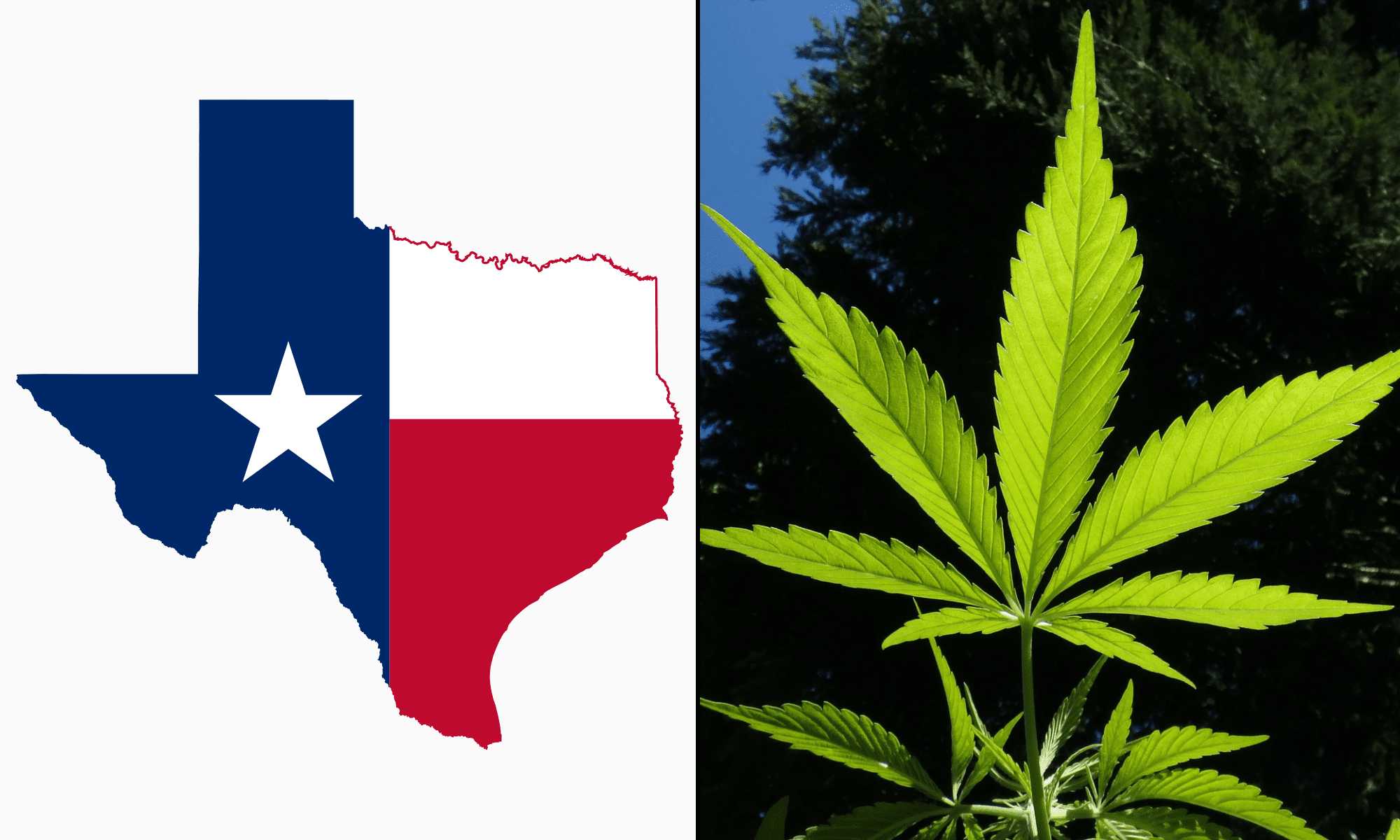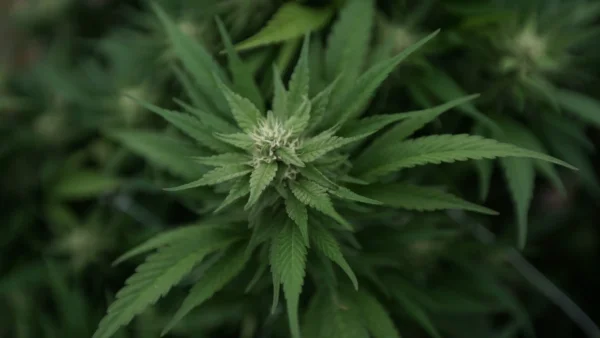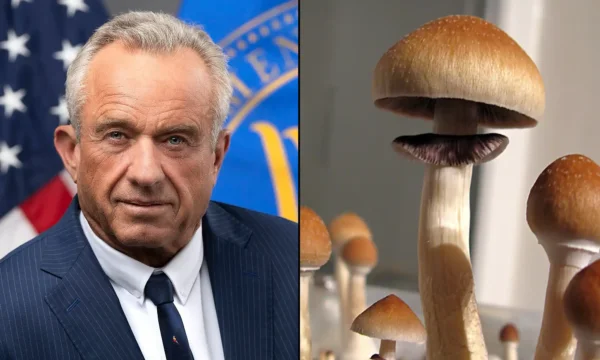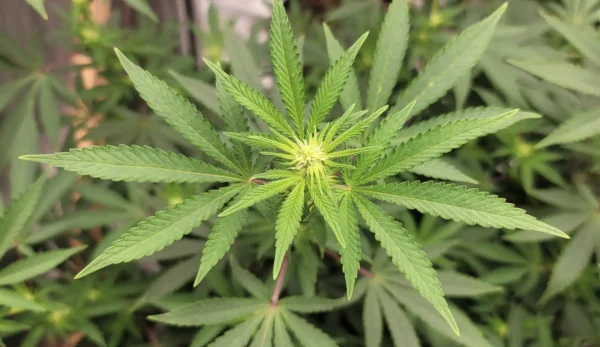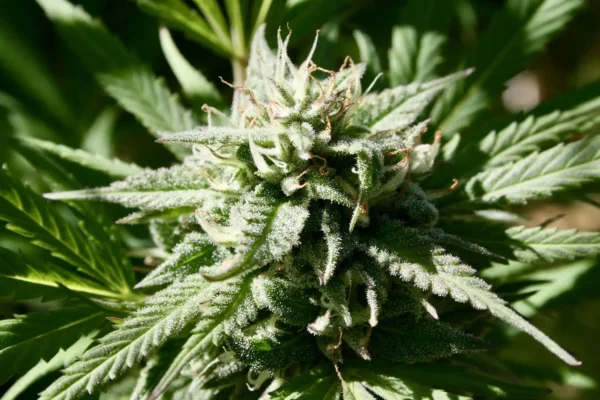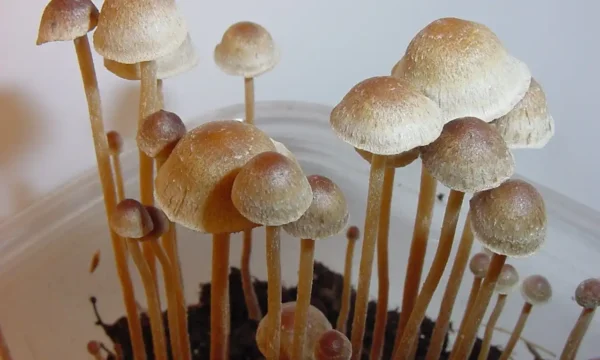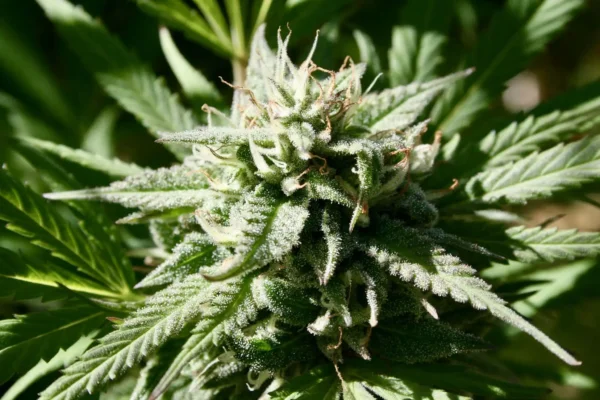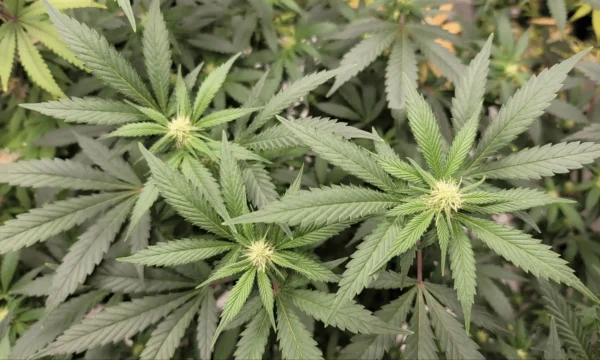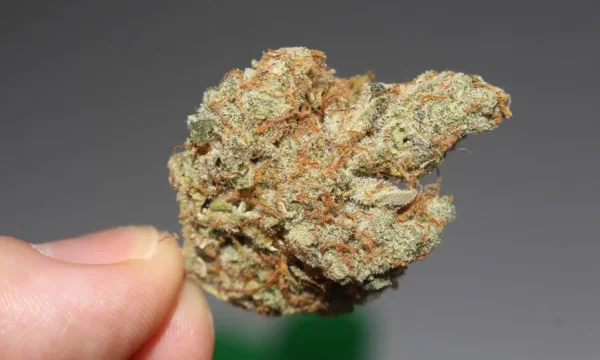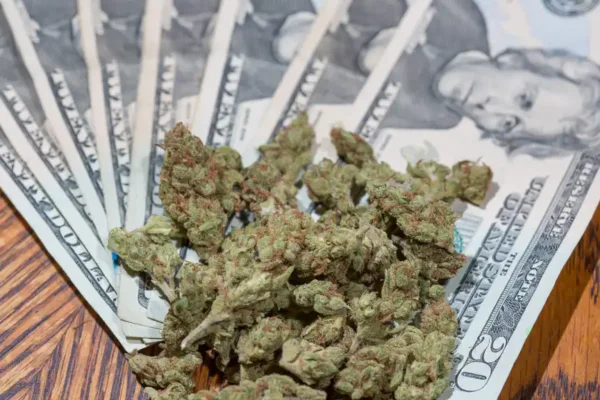Texas Health Officials Adopt Rules To Ban Hemp THC Sales To People Under 21 In Response To Governor’s Executive Order
Texas hemp THC sales ban for under 21 is here, and it arrived like a cold front at midnight—sudden, bracing, and impossible to ignore. State health officials pulled the emergency brake, adopting rules that block sales of intoxicating hemp products to anyone under 21. Consider it a fast fix stitched to the governor’s executive order: a 120-day stopgap (with a possible 60-day extension) meant to keep minors off the market while the bureaucracy drafts permanent rules. The Texas Alcoholic Beverage Commission already told alcohol-licensed retailers to card or else; now the Department of State Health Services is catching the places that sell hemp but not booze—smoke shops, pop-up counters, the strip-mall stalwarts that sell quartz bangers next to CBD gummies. It’s simple on paper: check IDs, tighten shelves, and understand the state can yank your license if you get sloppy. For the curious, DSHS put its marker down in public view, and the agency says a fuller rulemaking—with a hearing and public comments—will follow once the permanent language posts online. See the department’s announcement for the nuts and bolts: DSHS emergency rules notice.
What the emergency rules do
- Establish a 21+ age requirement for “consumable” intoxicating hemp products. Minors are anyone under 21.
- Require retailers to verify a valid ID at purchase. No gray area: treat it like buying beer.
- Authorize penalties up to license or registration revocation for violations.
- Take effect for 120 days, with a possible 60-day extension while permanent rules are drafted.
- Launch a formal process for public input once permanent rules are published, including a hearing.
Here’s the bigger picture: Texas now has two bouncers working the same line. TABC polices stores that sell alcohol. DSHS covers the hemp-only side of the street. Their overlapping moves are meant to close gaps but create a familiar Texas sensation—a patchwork stitched by different hands. Small retailers will feel it first. The cost of ID scanners and staff training isn’t pocket change, and a single bad read at the register can invite paperwork, fines, or the nuclear option: license gone. Regulators insist this is about keeping intoxicating products away from kids, and on its face, that’s not controversial. But the state’s decision to regulate hemp through multiple agencies, instead of a single cannabis authority, keeps the rules scattered like bar tabs at last call. Compliance gets harder, not easier, when your playbook is written by two editors who don’t share a style guide.
Translation of the state’s posture: define “minor” as under 21, card everyone buying intoxicating hemp, and understand penalties—including revocation—are on the table if you cut corners, according to DSHS.
Beyond carding: the looming “total THC” pivot
Age gates are only the opening act. The talk in Austin now edges toward chemistry—specifically, how Texas measures “total THC.” Agriculture officials have pushed back on claims the state isn’t aligned with federal hemp law, while signaling a possible shift to a total-THC standard that could pull more products—delta-8, blended hemp intoxicants, and borderline formulations—into the prohibited column. Stakeholders see an industry-level tremor coming if that gauge changes. These are the moments that separate a thriving regulated market from a dried-out husk. Other states chase the money or the moral clarity. Michigan, for instance, has leaned into the cash register side of legalization; lawmakers there advanced a policy that underscores how tax and access can move together, not apart—see Michigan Lawmakers Approve Marijuana Tax Increase Projected To Raise $420 Million In Annual Revenue. Texas, by contrast, is tightening the age gate first and mulling the lab math second. The market reads those tea leaves.
- Operational costs: Retailers will need reliable ID systems, staff training, and airtight SOPs to avoid violations.
- Supply chain retooling: A total-THC shift could force reformulations, returns, and relabeling—expensive and slow.
- Enforcement gray zones: Two agencies, two scopes, and the same storefronts. Expect audits, appeals, and confusion.
- Consumer displacement: Adults turned away by short-term stock outages or rule confusion may drift to illicit sellers.
- Public health trade-offs: Age checks help, but unclear standards can push risky products underground where no one cards.
Two Americas of cannabis
Zoom out and you’ll see the country splitting its cannabis pie in different slices. On the West Coast, the headlines flirt with federal reform and culture-war theatrics. California’s governor is busy poking the bear and talking national legalization, a vibe captured in Newsom talks national cannabis legalization in Trump-mocking post (Newsletter: October 3, 2025). To the east, farm states are planting seeds and watching for green. Kentucky just cut the ribbon on its first medical harvest, and the governor says farmers will scale from saplings to forests—read Kentucky Cultivator Harvests State’s First Medical Marijuana Crop As Governor Predicts Farmers Will ‘Grow A Whole Lot More’. Meanwhile, Texas is drawing a thicker line at the door: adults only, watch the lab values, and don’t get cute with IDs. Fifty laboratories, fifty experiments. Some states chase revenue, some chase order. Most are trying, clumsily, to grab both.
The stakes, from Main Street to the map
Public safety is the north star here. Carding for intoxicating hemp makes sense in a state where the cannabis question is still a hot skillet. But rules without coherence risk making adults confused and kids curious. And outside our borders, the stakes can be brutal. Consider the cautionary tale in Southeast Asia, where one high-profile case shows how radically different the world can treat a plant: American Basketball Player Faces Potential Death Penalty Over Medical Marijuana After Arrest In Indonesia. Texas isn’t that, but muddled policy can still do damage—economically, medically, and culturally. A single, competent cannabis regulator would spare retailers the scavenger hunt and give consumers clean, consistent lines. DSHS says permanent rules are coming, with a chance for the public to weigh in. Until then, shop owners will card like bartenders, lawyers will parse “total THC,” and customers will keep asking hard questions at the counter. If you’re navigating this evolving landscape and want compliant options you can trust, browse our collection here: https://thcaorder.com/shop/.





